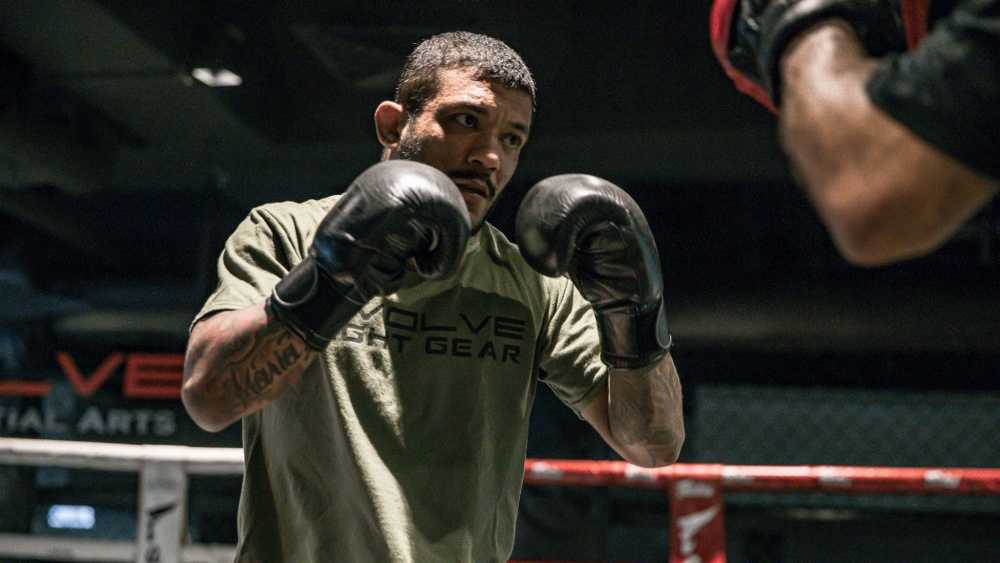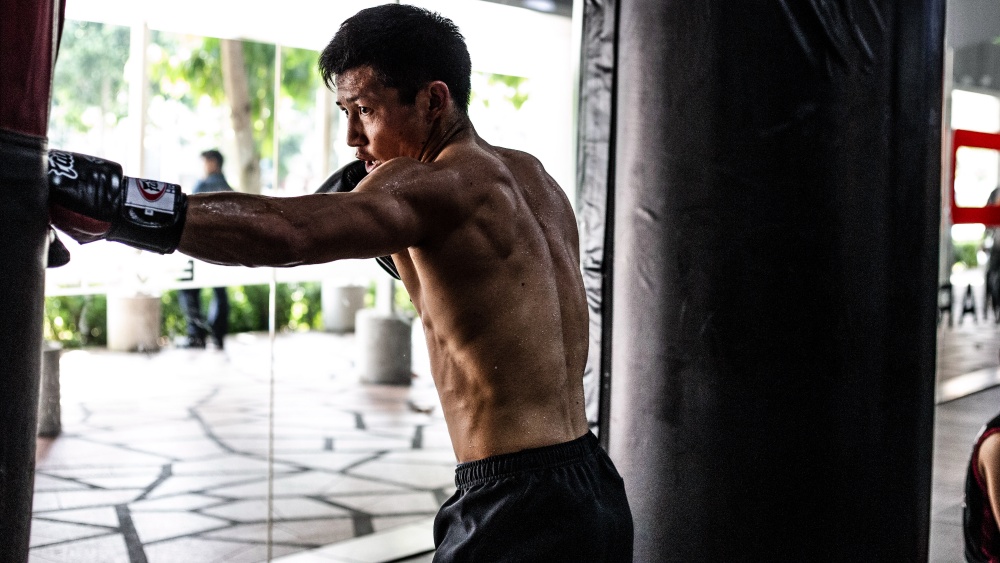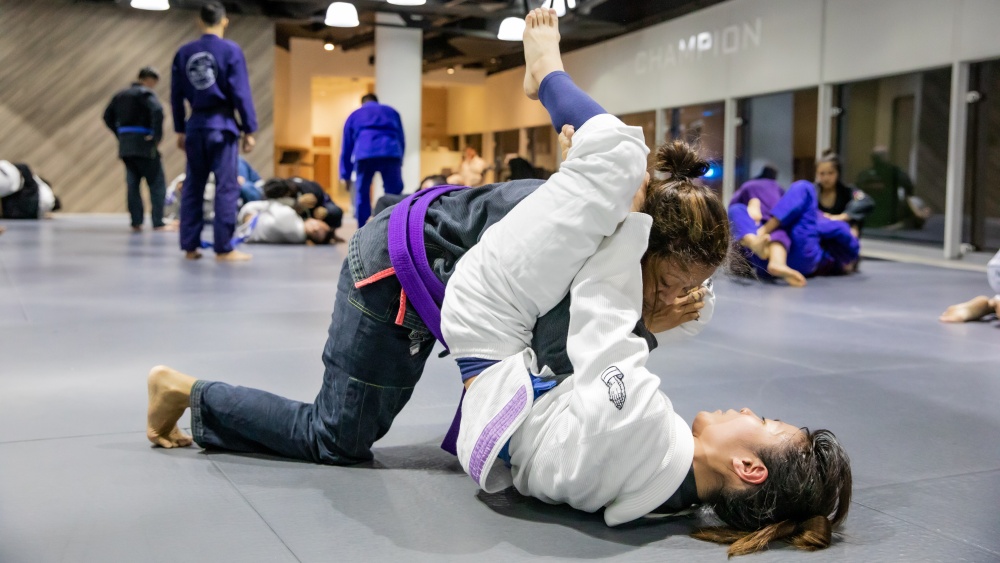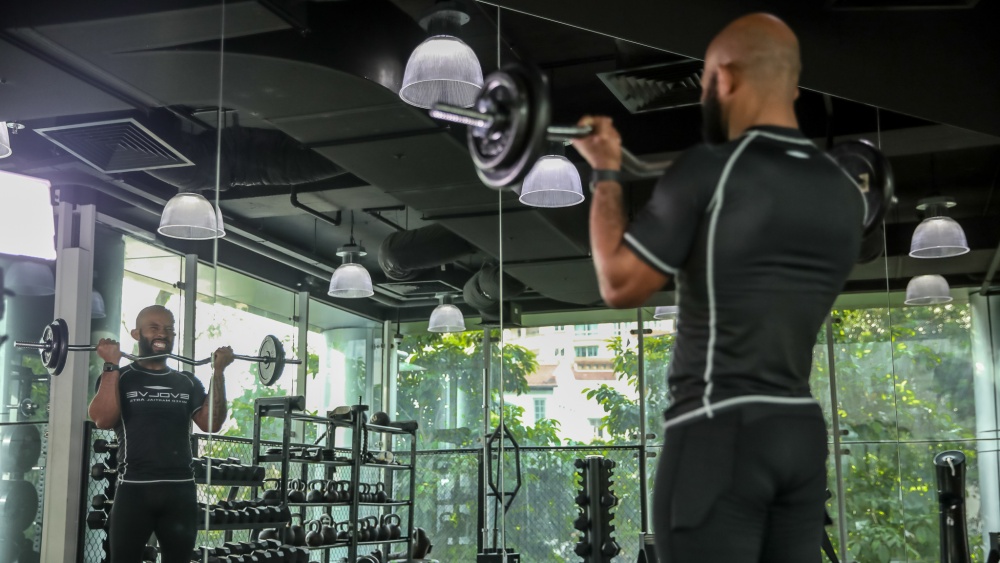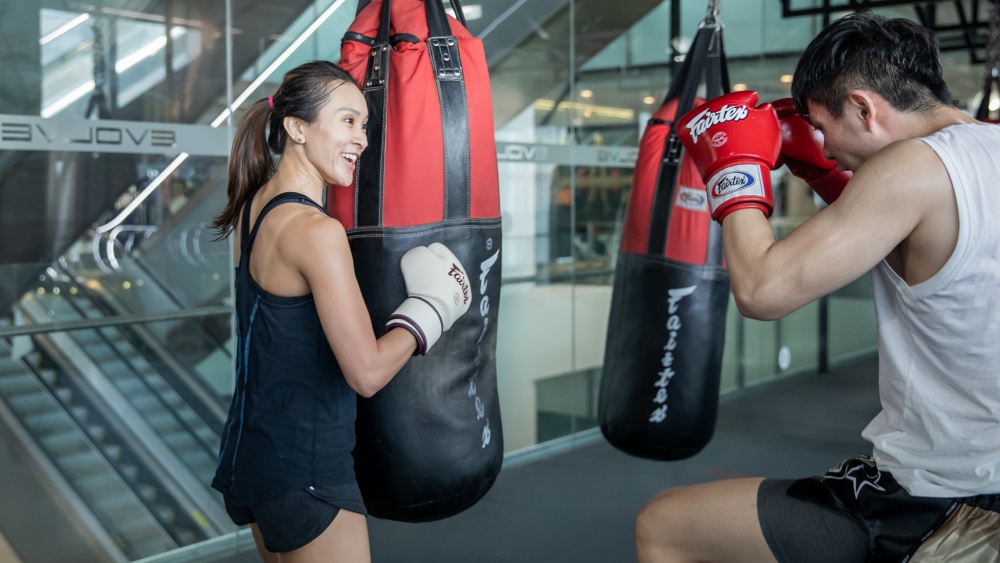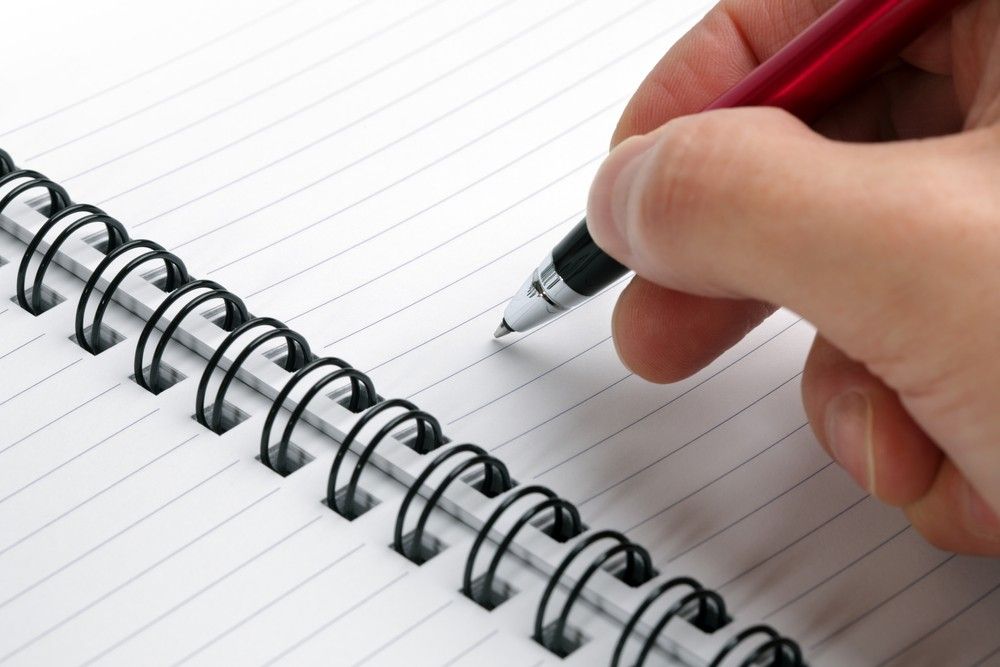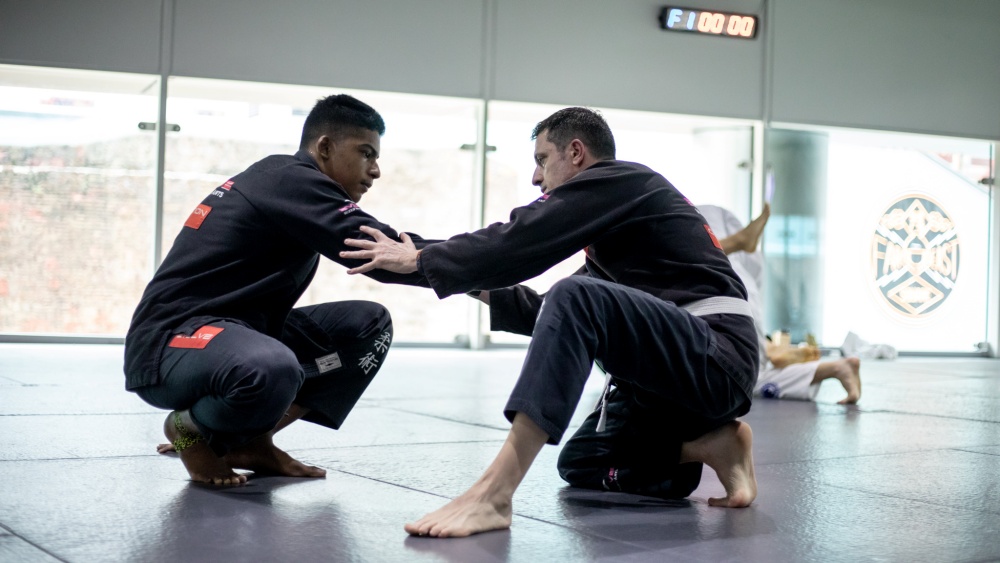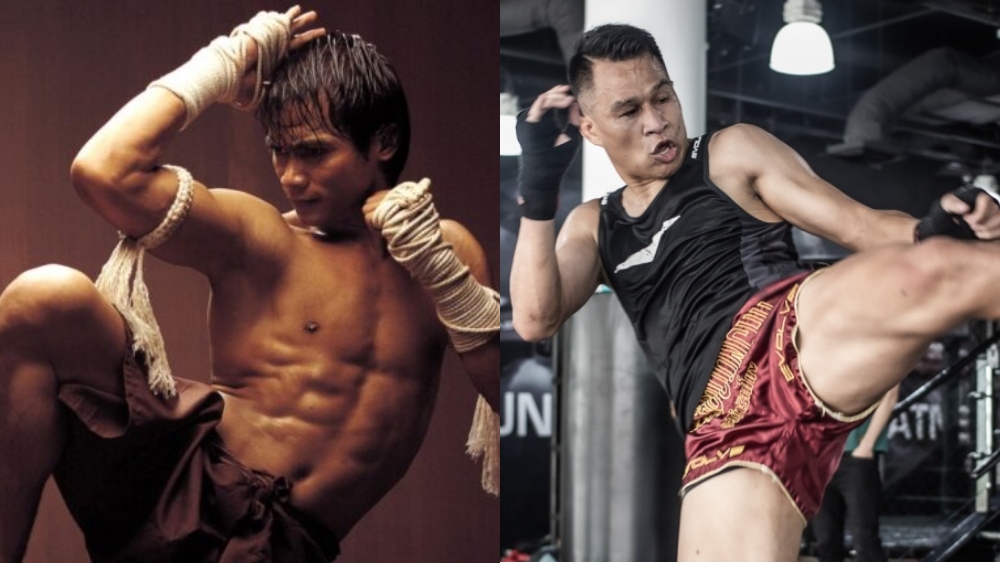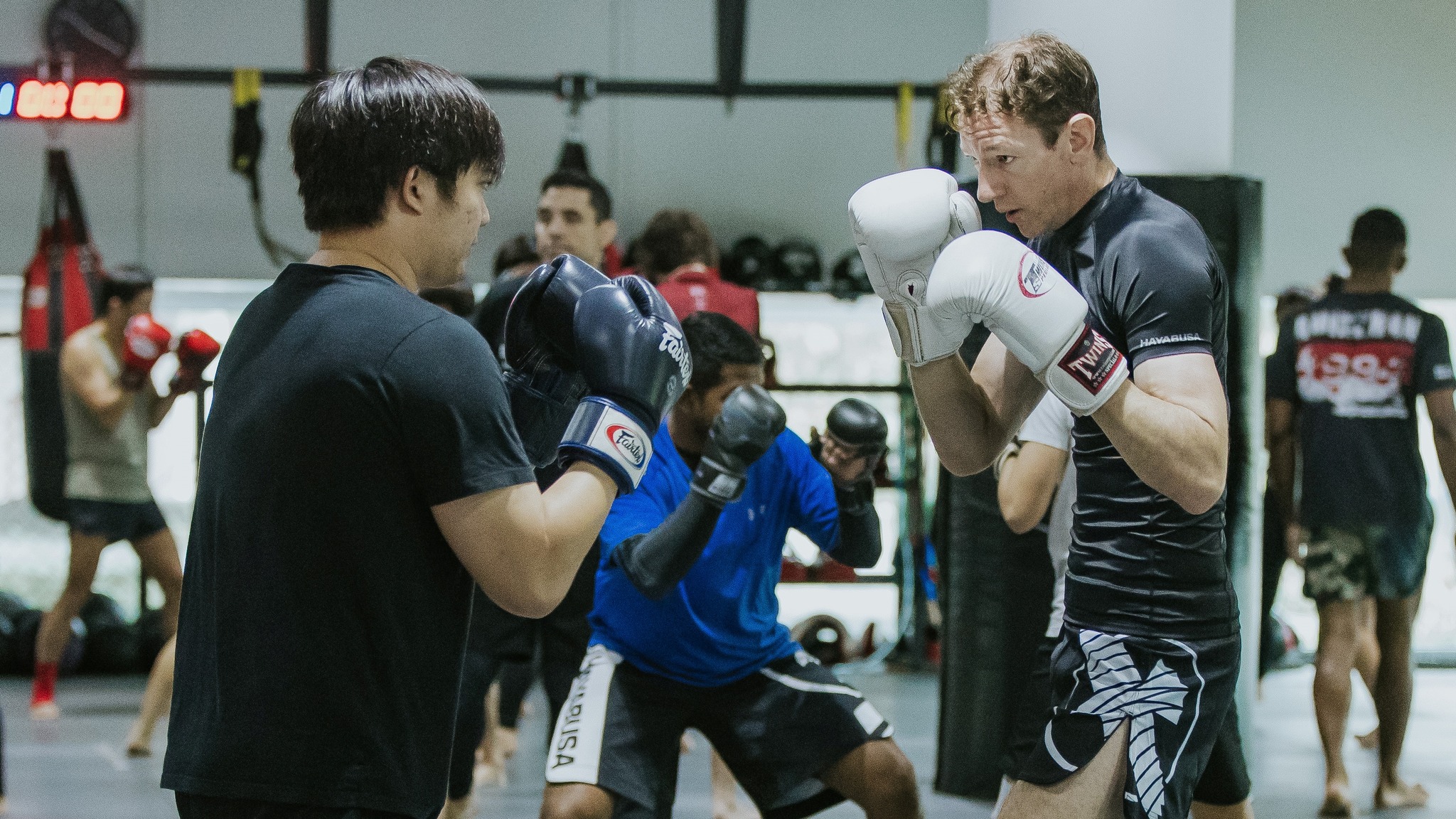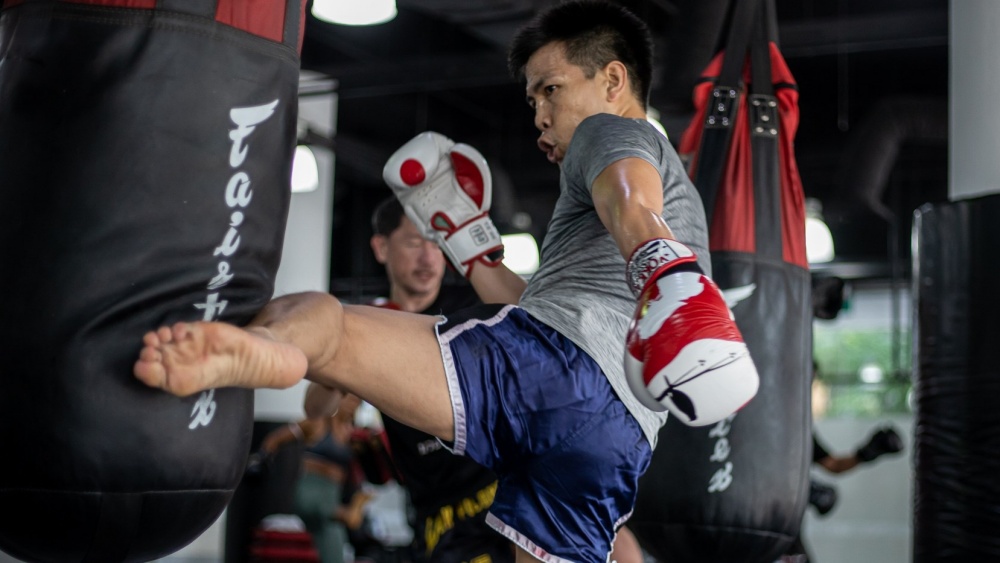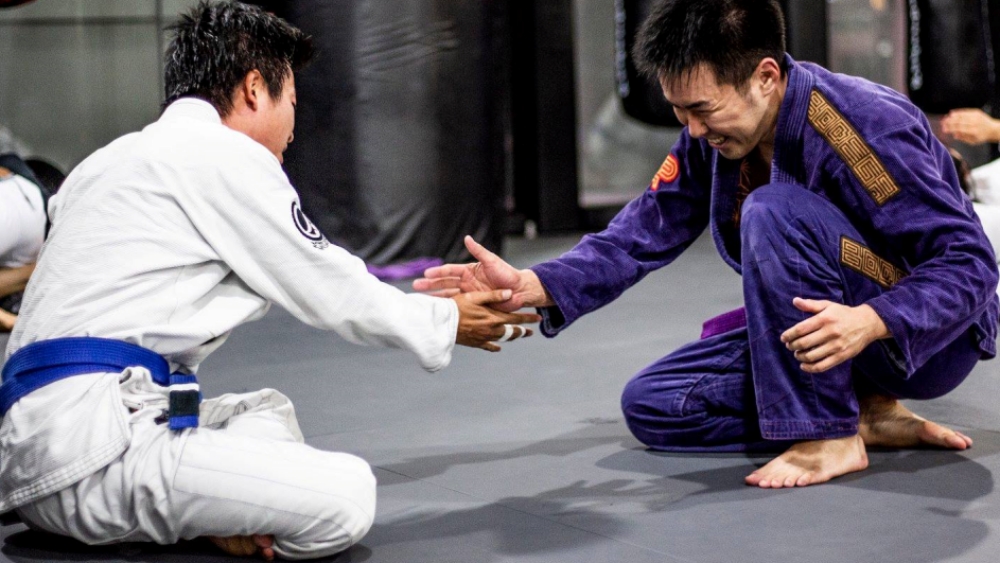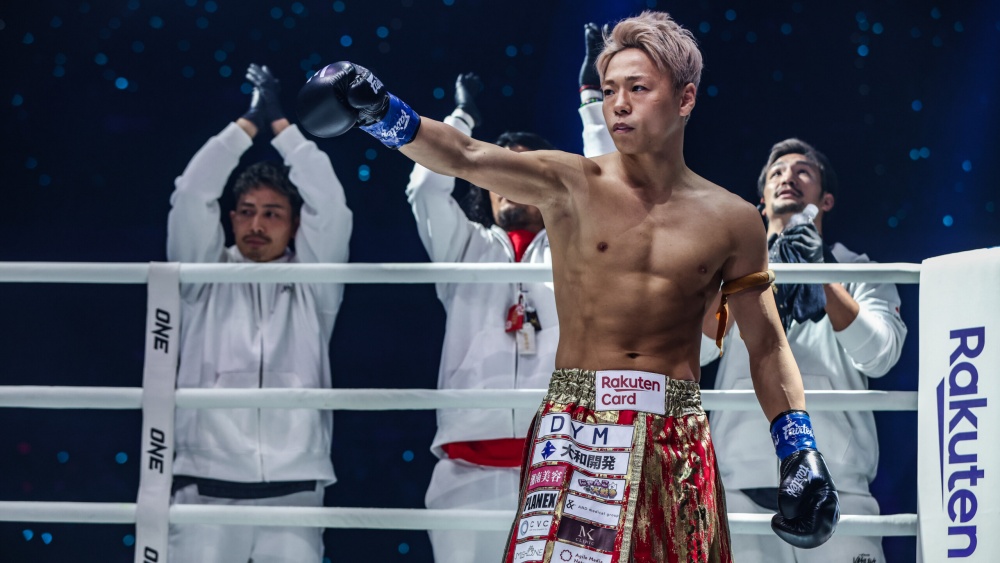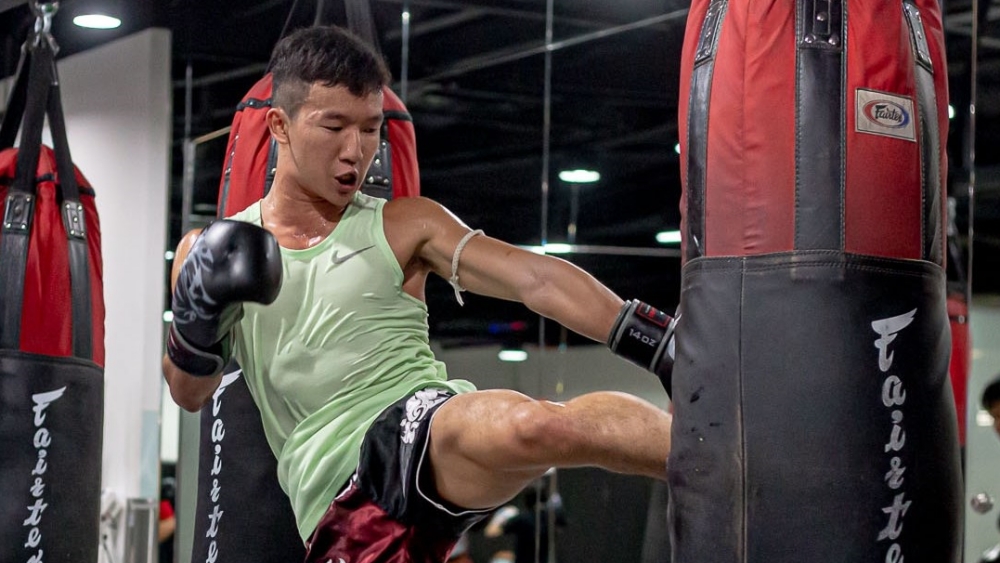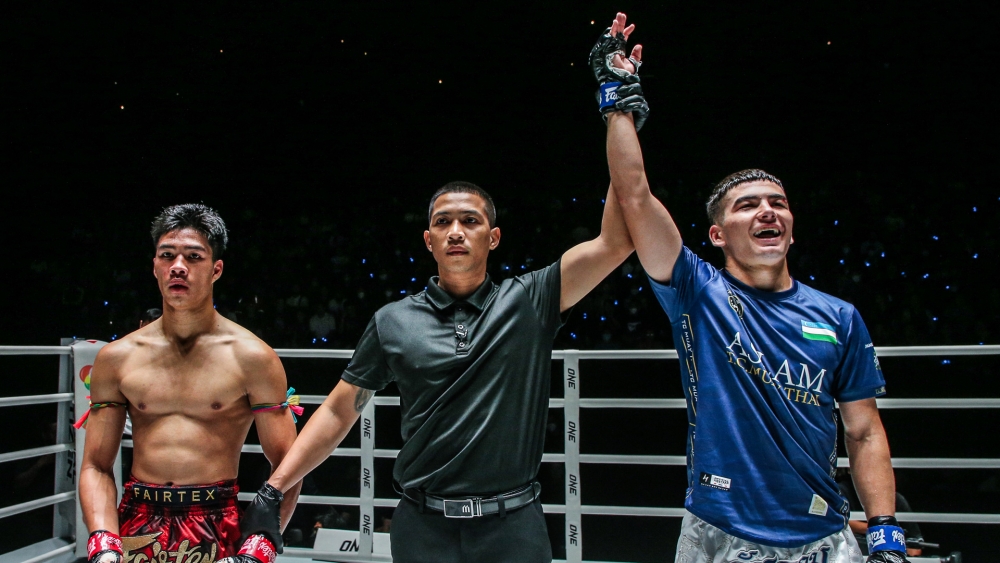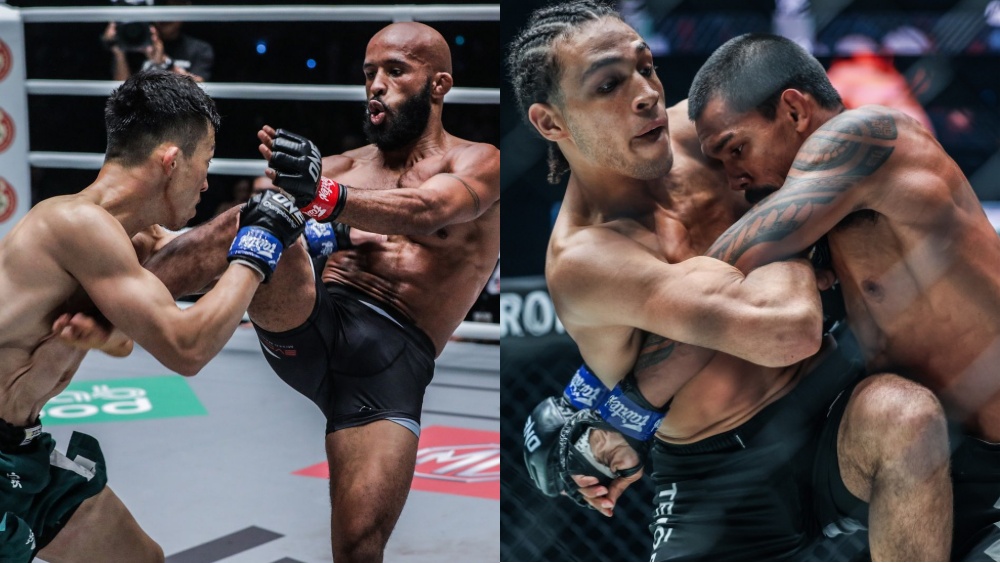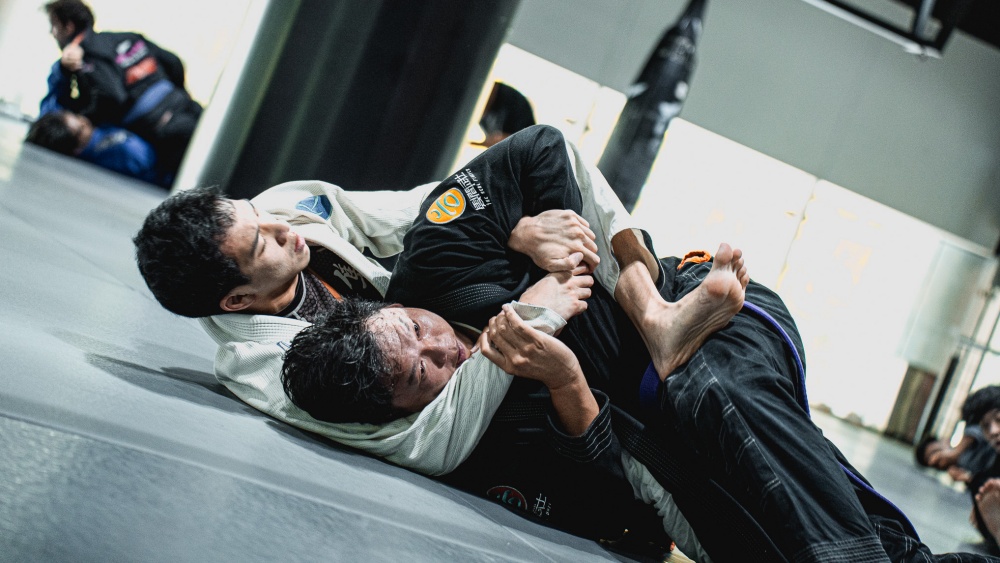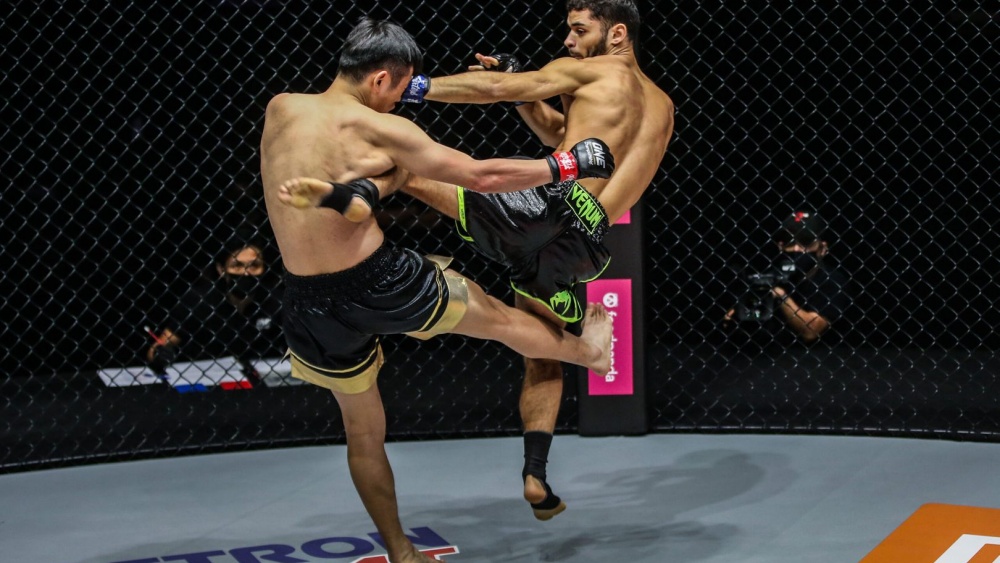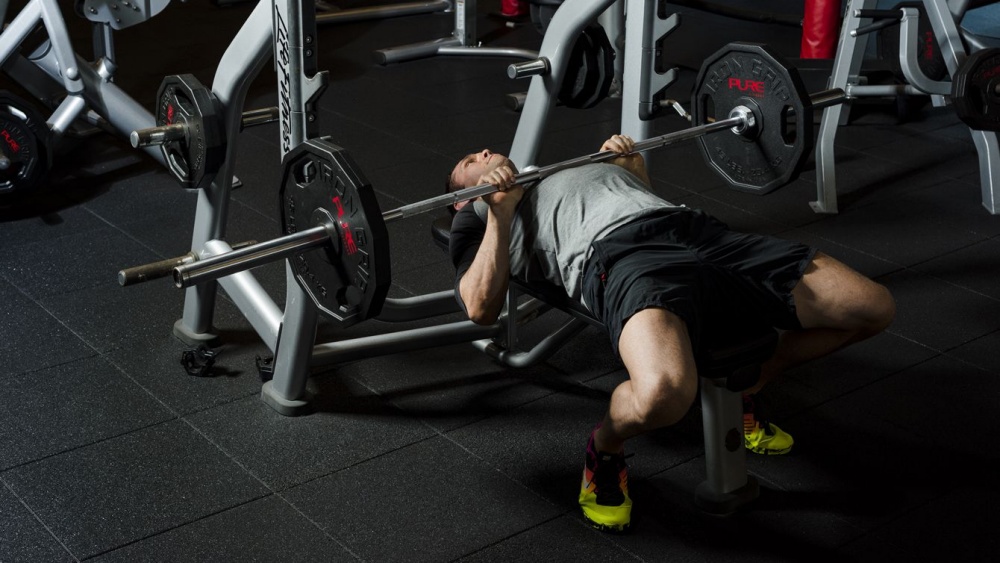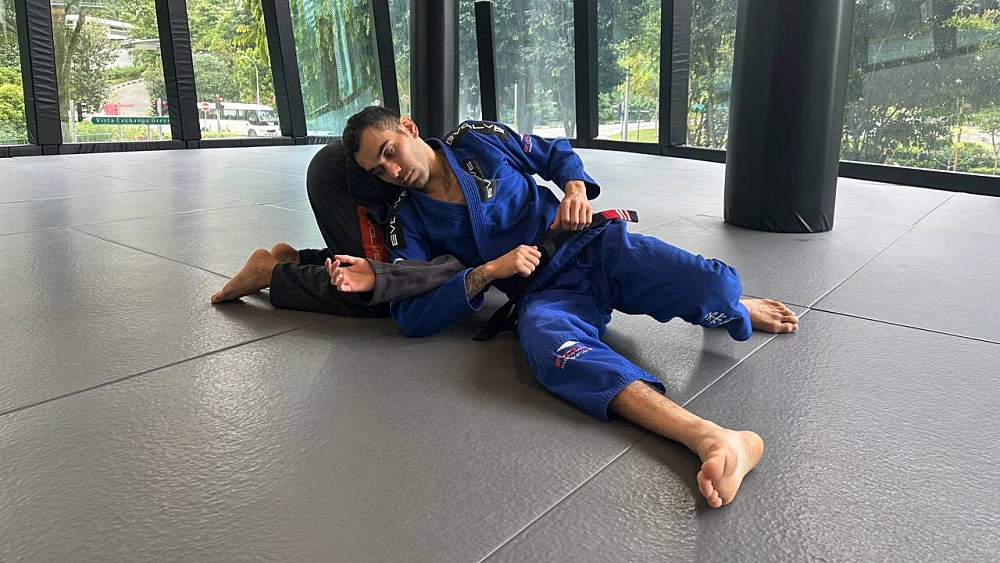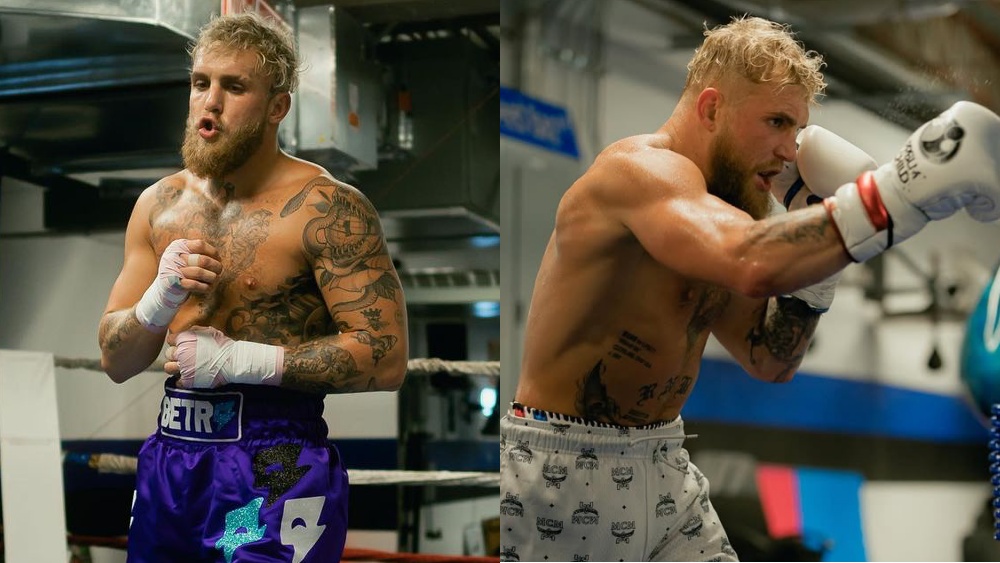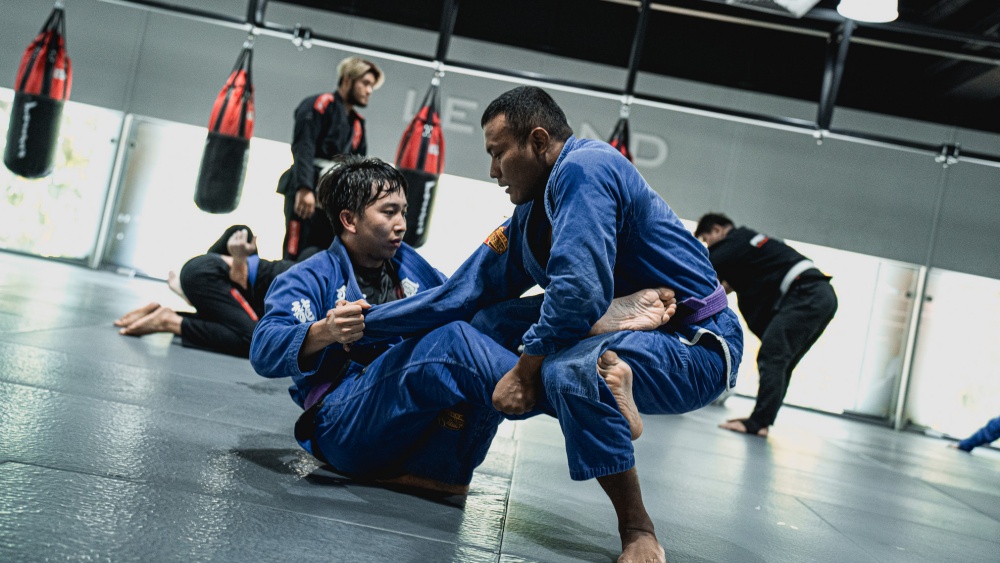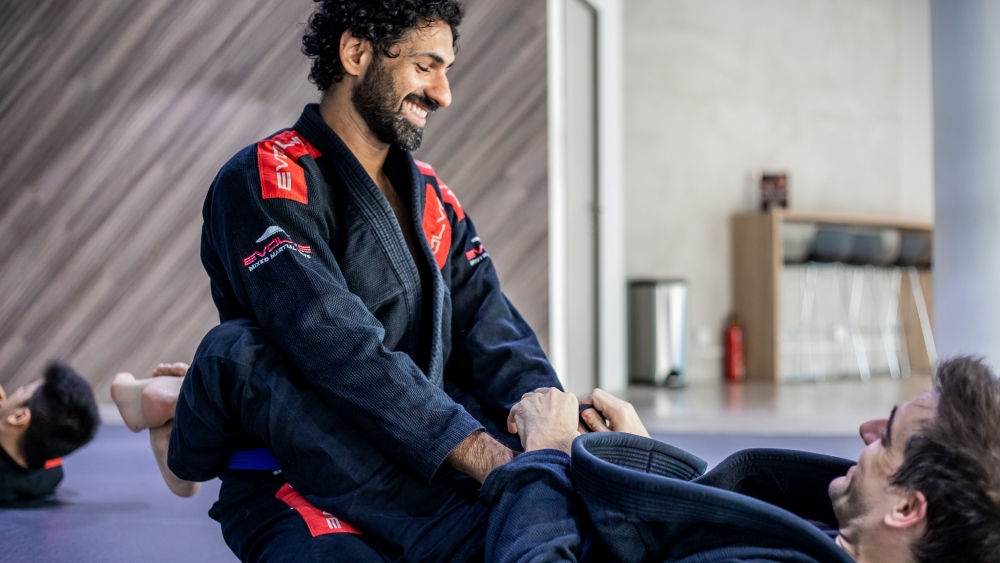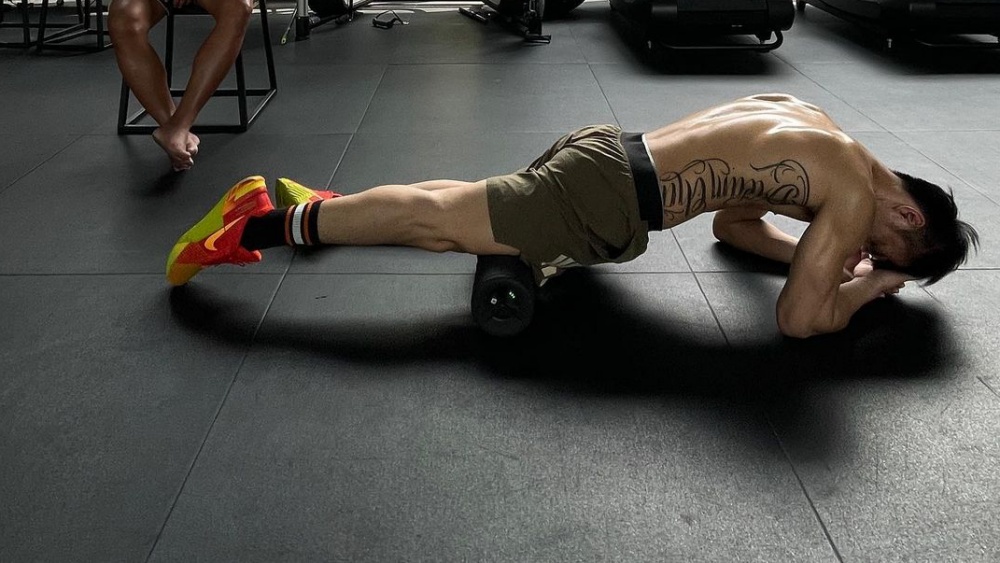It happens to the best of us. You’ve been training martial arts for a few years, and your growth has been consistent until you hit a plateau. It’s part of training, a sign you’ve been training hard for some time.
Martial art training plateaus manifest in various ways. You might notice you stop improving regardless of how hard or often you train. For others, it might feel like their skills are regressing. It can leave you feeling frustrated, but it sometimes goes away on its own.
However, some training plateaus require making changes to your training routine to get past the hump and get back to growing.
Ways To Overcome Training Plateaus
Ready to get back to growing as a fighter? Here are some tips to help you break out of your plateau:
1) Get Back To The Fundamentals
Sometimes the most effective way to get past a plateau is by returning to the basics. It isn’t that uncommon to see high-level martial artists with poor fundamentals in some areas. The fundamentals of any martial art serve as a foundation that allows you to execute the more advanced techniques. Holes in your foundation might cause a slowdown in your progression, so get back to the basics and sharpen your fundamentals when you find yourself struggling to improve.
2) Review/Create Training Goals
Going over your training goals can help you change your training focus and move past a plateau. If you don’t have any training goals, creating some can help speed up progress. Write down the areas you’re struggling with the most and create a training plan to overcome them.
For example, if you find yourself getting stuck in bottom positions when rolling during BJJ class, add drilling an “x” amount of sweeps and getups from the bottom every time you train to your training goals. The more your work on your sweeps and reversals from bottom position, the less likely you’ll find yourself getting stuck there.
Training goals help you identify the specific areas you’re struggling with so you can devise a plan to address them.
3) Mix Up Your Training
Changing how you train can also help you get past a fighting plateau. Let’s start with training frequency. Some people struggle with their progression due to insufficient training, while others struggle due to overtraining. If you only train twice a week, try adding one more class to your routine and see if that changes anything. Likewise, if you’re training five days a week with little progress, cut it down to three or four days a week and see if that helps.
You should also mix up how you train. For example, if you don’t do much cardio outside of training, consider adding running or some other cardiovascular activity to your training routine. The improved cardio you get from running might be what you need to get out of your rut. You can also add activities like weightlifting to your training routine if you don’t lift weights.
The main thing is that you change something. You can’t keep doing the same things and expect different results. That’s called insanity.
4) Switch Up Your Training Partners
Training with a variety of training partners can help you get past a plateau. Train with as many different people as you can, from white belts to black belts, short to tall. Each different body type gives you a new look, which helps to improve your game.
For example, you might be able to force submissions like a kimura on a white belt you’re stronger than, but that won’t work against a black belt or someone stronger than you. Training with sparring partners with different skill levels and attributes makes it easier to spot your weaknesses and strengths. You’ll need to clean up your kimura technique if you want to surprise one of the black belts at your dojo with it.
5) Assess Your Habits Outside Of The Dojo
The things you do when you’re not training impact your progression. For starters, ensure you’re getting enough sleep regularly since this affects your body’s ability to recover after training. Staying hydrated before, during, and after training also affects how well you recover from each session.
The things you consume affect your progression as a martial artist as well. A poor diet can leave you feeling sluggish during your training sessions and hinder your ability to recover. Habits like excessive alcohol consumption or smoking tobacco also slow you down in the dojo.
Carefully examine your lifestyle when you hit a training plateau and look for things you can change to improve your results in the gym.
6) Start A Training Journal
Writing down techniques and tips you learn in class can help to get you out of a rut. Start a training journal and write down everything you learn in class and the things you did right or wrong. Go back to your journal whenever you find yourself struggling with something to refresh your memory on the proper way to execute it.
7) Find A Training Partner To Emulate
Your training partners are also a valuable resource for getting past training plateaus. Find a gym mate who is more experienced and observe how they execute any techniques you’re struggling with. Ask them questions if you’re unclear about anything. Most training partners will be willing to take the time to explain things.
Observe some of this person’s go-to moves and start drilling them until they become part of your muscle memory. You can then try executing these techniques on other training partners.
Enjoy The Process
Training plateaus can lead to frustration, doubt, and sadness, which only worsens things. Try to get back to having fun in the gym when you find yourself struggling to improve. Watch some MMA cards for inspiration, or hang out with friends who share your passion for martial arts. Reminding yourself of why you started training martial arts in the first place and getting back to having fun might be what you need to get past that training hump.
You may also like:
